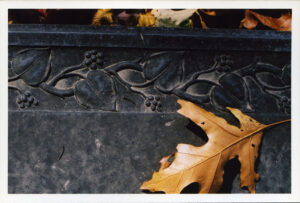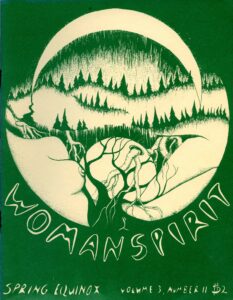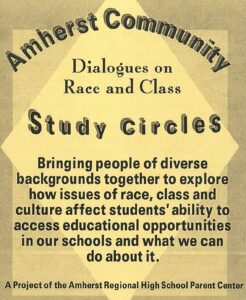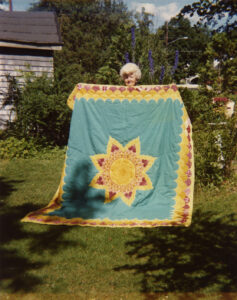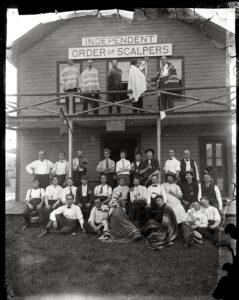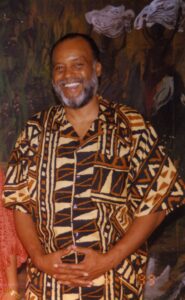Robert W. Drinkwater Collection
An historical archaeologist with an MA in Anthropology from UMass Amherst, Bob Drinkwater has recorded, photographed, and reported on the eighteenth- and early nineteenth-century gravestones and stonecutters of western Massachusetts for over four decades, and he has identified a number of Connecticut River Valley carvers. A charter member of the Association for Gravestone Studies, he has been active in nearly every aspect of the organization, contributing scholarly articles to its journals, organizing and presenting at its conferences, and serving terms as President and Trustee. He offers a workshop, “Gravestone Studies 101: A Survey of Gravestone Art in the Pioneer Valley”, at Greenfield Community College.
Focused on Bob Drinkwater’s research on western Massachusetts, the collection contains several hundred images recording early gravestones in the cemeteries of Amherst and Hadley, photo documentation of the stonecutters of Berkshire County and the Quabbin region, and two longer works written by Drinkwater: “From quarry to graveyard: a schematic reconstruction of early New England gravestone-carving technology” (his honor’s thesis, ca.1975) and “Notes on Methods of Collection, Classification, Recording, and Analysis of Data for Stylistic and Demographic Studies of Early New England Gravestones.”

